
Legends can’t be 100% false. Real, extinct creatures, or creatures with diseases, may have inspired many mythical monsters. Those creatures can be the exaggerations of our ancestors’ experiences with such unusual stuff. Here are 12 such monsters who look like they are based on something real.
1. Dragons: When Bones Breathed Fire
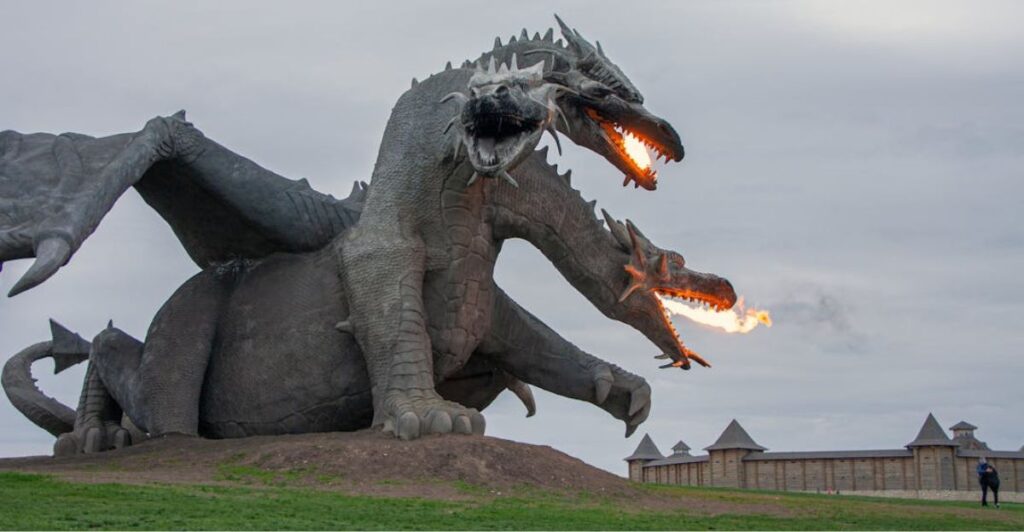
Huge, mysterious bones didn’t need much help to become legends. Dinosaur fossils or encounters with Komodo dragons are what seem to have set this imagination ablaze. Instead of prehistoric creatures, ancient storytellers saw fire-breathing monsters.
2. Griffin: Fossils That Looked Like Lions With Wings

In Mongolia, beaked skulls and four-legged fossils of Protoceratops may have sparked the Griffin myth. To ancient eyes, these bones could resemble a creature with an eagle’s head and a lion’s body. A mix of observation and imagination might’ve taken flight here.
3. Ogopogo: A Fish Tale Lurking Below the Surface

Folklore might’ve simply hooked a fish and called it a monster in this case. That’s because long, scaly bodies gliding through Okanagan Lake sound less monstrous when you look at sturgeon or giant eels. These real creatures match the eerie descriptions of Ogopogo.
4. Cyclops: A Giant’s Gaze or an Elephant?
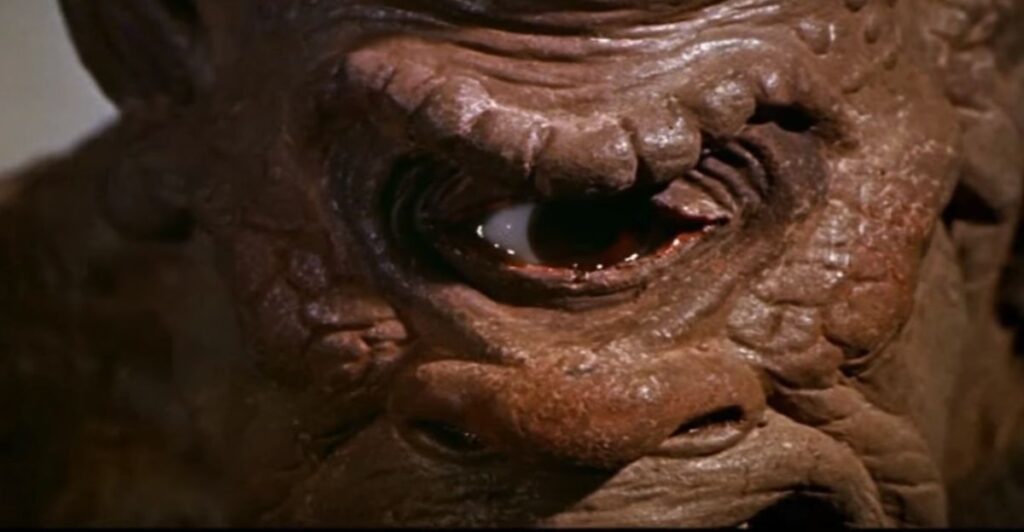
One-eyed giants, the Cyclops, may owe their origin to dwarf elephant skulls from the past. The large nasal cavity in these fossils could look like a single eye socket. Misinterpretation might’ve created a myth that stomps through ancient lore.
5. Basilisk: A Deadly Glare Borrowed From Cobra

Rising up with its hood flared, the King Cobra is terrifying enough. Add a dose of myth, and its venomous bite becomes a lethal stare. Is Basilisk’s chilling reputation built over this real snake? Some think so, while others feel a mongoose may have also been involved.
6. Roc: A Bird Bigger Than Belief
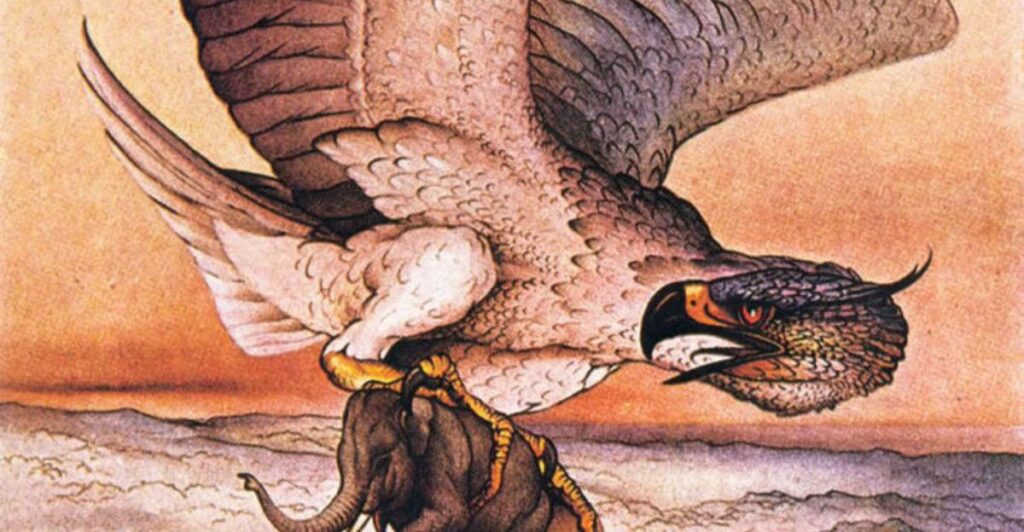
Stories of a giant bird lifting elephants might have a real feathered origin. The now-extinct Aepyornis, or Elephant Bird, stood 10 feet tall. Imagine seeing its massive eggs or bones—exaggeration could easily turn a huge bird into a sky-soaring monster.
7. Werewolf: When Wolves Fell Sick

Rabid wolves and rare conditions like hypertrichosis (excess hair growth) likely fueled werewolf tales. Aggressive, snarling animals or unusually hairy people could’ve inspired the idea of humans turning into beasts. Fear, folklore, and fur—quite a combination, don’t you think?
8. Thunderbird: Lightning With Wings?
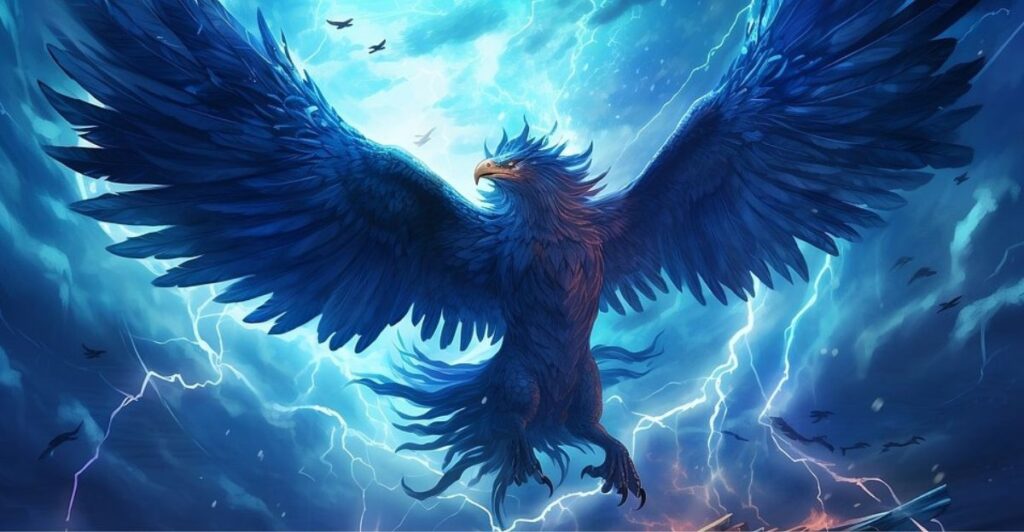
Teratorns, with wingspans up to 20 feet, might have inspired the Thunderbird legend. In Native American mythology, this giant spirit bird was said to flap its wings and summon thunder, lightning, and rain — mixing prehistoric giants with powerful storm tales.
9. Chimera: A Jigsaw Puzzle Of Extinct Creatures
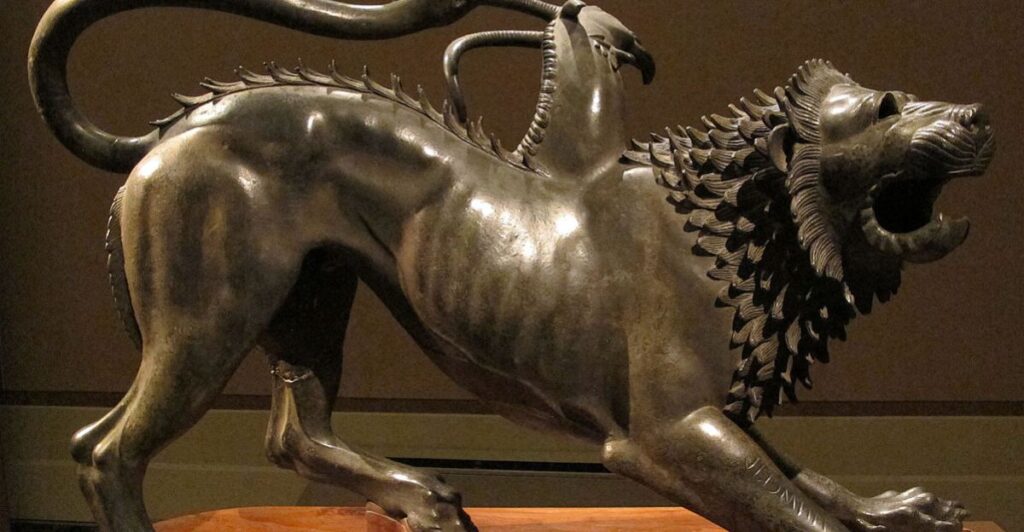
A creature with a lion’s head, goat’s body, and serpent’s tail sounds wild. It’s quite possible that it started with a misinterpreted mix of fossil bones. Ancient people could’ve pieced together different remains and invented a hybrid beast—fossil confusion turned into mythical fusion!
10. Vampire: A Bite of Reality

Blood-drinking bats and diseases like porphyria may have given teeth to the vampire myth. Porphyria causes sun sensitivity and disfigured gums, while vampire bats actually do feed on blood. Real-world bites and symptoms might’ve created the ultimate night-stalking monster.
11. Jackalope: When Rabbits Grow Horns

Horned rabbits sound ridiculous until you see a rabbit infected by Shope papillomavirus. This virus causes growths that look like antlers sprouting from a rabbit’s head. Mix a wild sighting with tall tales, and suddenly, you’ve got a jackrabbit ready for a cowboy legend.
12. Bigfoot: A Giant Footprint of Possibility

After looking at huge footprints in the woods, people can get strange thoughts. However, it’s possible that bear tracks or memories of Gigantopithecus, an ancient giant ape, sparked Bigfoot tales—a huge, mysterious, shadowy figure who resembles a human and an ape.
Stay connected with us for more stories like this! Follow us to get the latest updates or hit the Follow button at the top of this article, and let us know what you think by leaving your feedback below. We’d love to hear from you!







